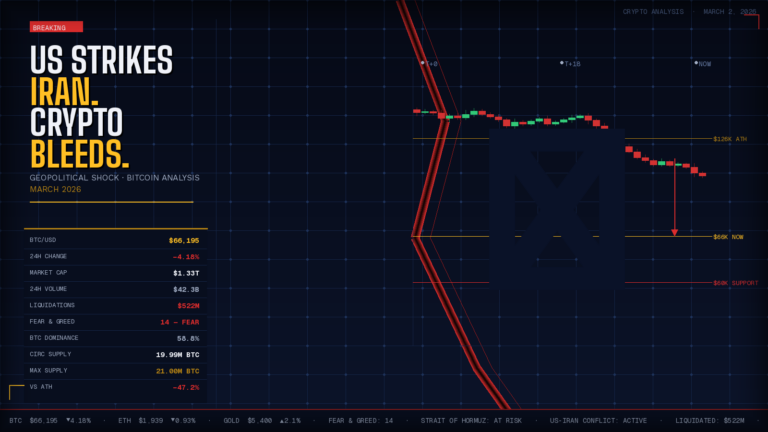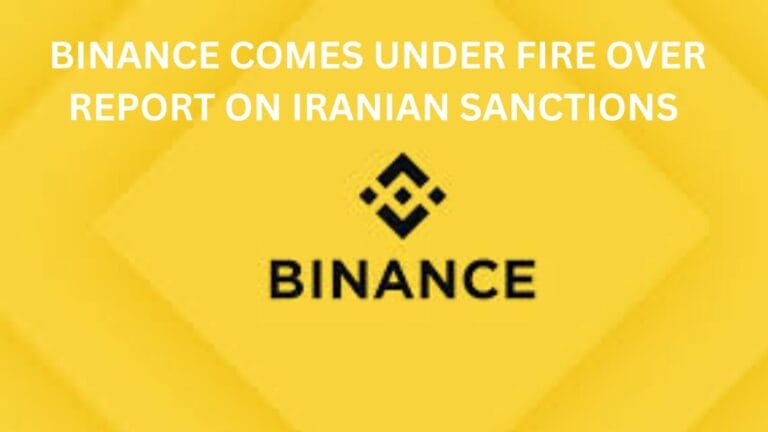Key takeaways:
- The goal of the Spanish Ministry of Finance’s expansion of its oversight over crypto monitoring is to provide it with the authority to seize digital assets to pay off tax obligations.
- The goal is to compel banks and other electronic money providers to disclose every card transaction.
The goal of the Spanish Ministry of Finance’s expansion of its oversight over cryptocurrency monitoring in the nation is to provide it with the authority to seize digital assets to pay off tax obligations.
According to sources, the ministry headed by María Jesús Montero is working on legislative changes to the General Tax Law, notably Article 162, that will enable the Spanish Tax Agency to locate and seize cryptocurrency assets owned by taxpayers with past-due bills.
A royal order that took effect on February 1 increased the list of organizations that might be granted the authority to collect taxes. The Treasury could only receive reports from banks, savings banks, and credit cooperatives up until this point.
The Treasury intends to take a more robust stance against tax evasion. The goal is to compel banks and other electronic money providers to disclose every card transaction.
There are several regulatory problems arising from the rapid pace of change implementation. The nation is trying to control cryptocurrency proactively by enacting several laws.
Six months ahead of schedule, in October 2023, the Spanish Ministry of Economy and Digital Transformation announced that the Markets in Crypto-Assets Regulation (MiCA), the first comprehensive framework for cryptocurrency in the European Union, will go into effect nationwide in December 2025.
The deadline to report cryptocurrency holdings to the tax authorities for Spanish citizens residing on non-Spanish platforms is the end of next month.
Beginning on January 1, 2024, and ending on March 31, is the submission window for a Form 721 declaration. From December 31, 2023, taxpayers, including individuals and corporations, must disclose the total amount of money they have stashed away in cryptocurrency accounts.
However, people are only required to disclose their foreign holdings if their balance sheets show that they have more cryptocurrency than the equivalent of 50,000 euros, or around $54,000. Form 714, the basic wealth tax form, must be used for reporting assets held in self-custodial wallets.









